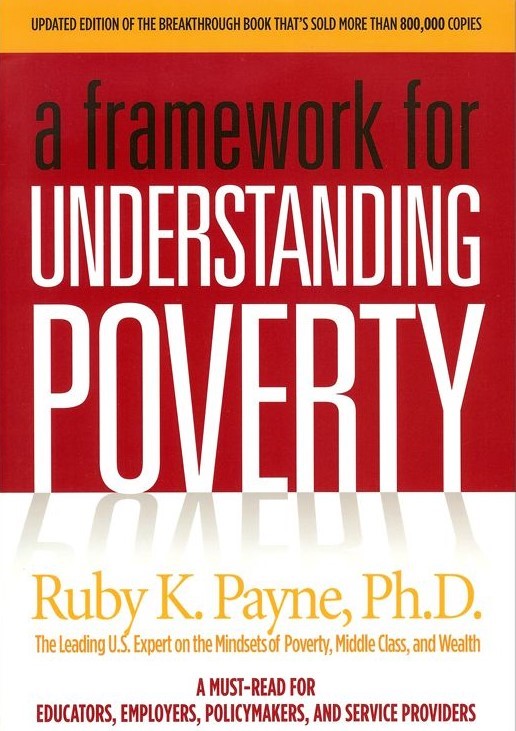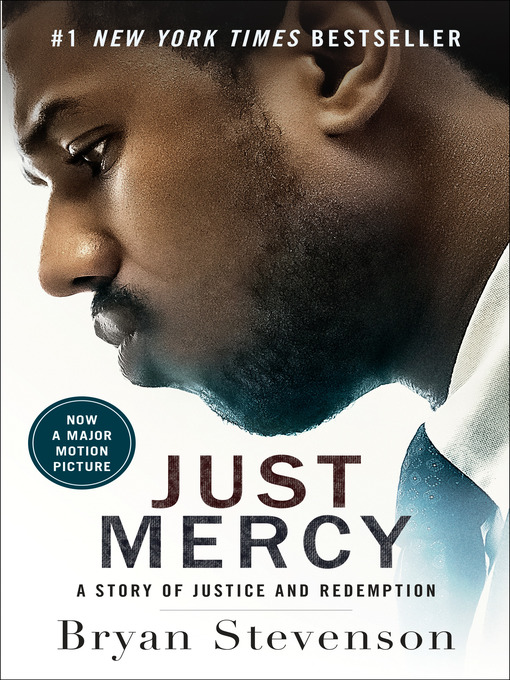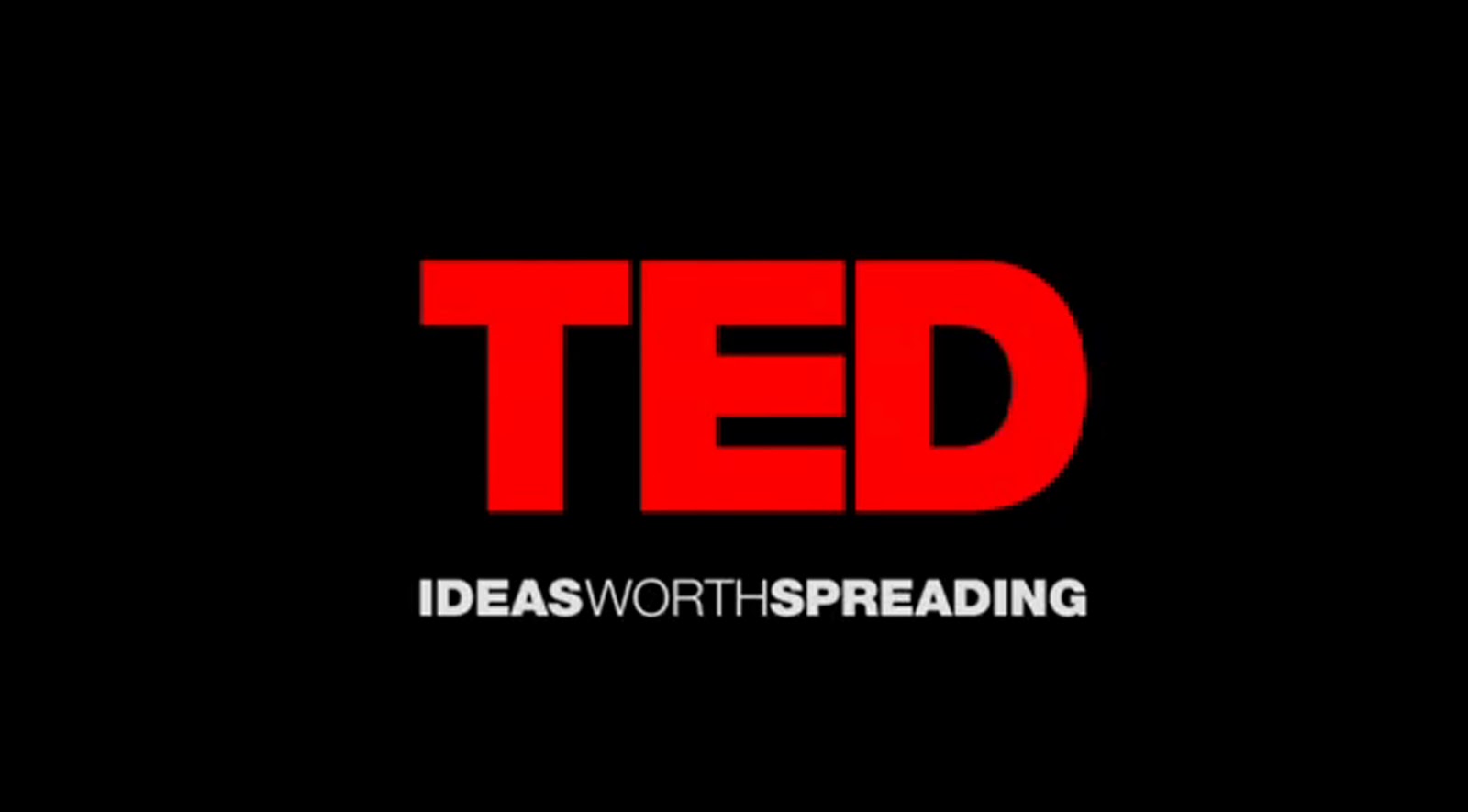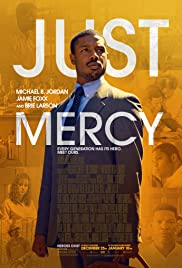Resources
Books
Toxic Charity by Bob Lupton – Veteran urban activist Robert Lupton reveals the shockingly toxic effects that modern charity has upon the very people meant to benefit from it. Toxic Charity provides proven new models for charitable groups who want to help—not sabotage—those whom they desire to serve. Lupton, the founder of FCS Urban Ministries (Focused Community Strategies) in Atlanta, the voice of the Urban Perspectives newsletter, and the author of Compassion, Justice and the Christian Life, has been at the forefront of urban ministry activism for forty years. Now, in the vein of Jeffrey Sachs’s The End of Poverty, Richard Stearns’s The Hole in Our Gospel, and Gregory Boyle’s Tattoos on the Heart, his groundbreaking Toxic Charity shows us how to start serving needy and impoverished members of our communities in a way that will lead to lasting, real-world change. (This book was read by staff together and is why the Christmas Shoppe was birthed. )the module Advanced settings.

City Within a City: The Black Freedom Struggle in Grand Rapids, Michigan by Todd Robinson – “A City within a City” examines the civil rights movement in the North by concentrating on the struggles for equality in Grand Rapids, Michigan. Historian Todd Robinson studies the issues surrounding school integration and bureaucratic reforms as well as the role of black youth activism to detail the diversity of black resistance. He focuses on respectability within the African American community as a way of understanding how the movement was formed and held together. And he elucidates the oppositional role of northern conservatives regarding racial progress.
“A City within a City” cogently argues that the post-war political reform championed by local Republicans transformed the city’s racial geography, creating a racialized city within a city, featuring a system of managerial racism designed to keep blacks in declining inner-city areas. As Robinson indicates, this bold, provocative framework for understanding race relations in Grand Rapids has broader implications for illuminating the twentieth-century African American urban experience in secondary cities.

A Framework for Understanding Poverty by Ruby K. Payne, Ph.D – People in poverty face challenges virtually unknown to those in middle class or wealth–challenges from both obvious and hidden sources. The reality of being poor brings out a survival mentality, and turns attention away from opportunities taken for granted by everyone else. If you work with people from poverty, some understanding of how different their world is from yours will be invaluable. Whether you’re an educator–or a social, health, or legal services professional–this breakthrough book gives you practical, real-world support and guidance to improve your effectiveness in working with people from all socioeconomic backgrounds. Since 1995 A Framework for Understanding Poverty has guided hundreds of thousands of educators and other professionals through the pitfalls and barriers faced by all classes, especially the poor. Carefully researched and packed with charts, tables, and questionnaires, Framework not only documents the facts of poverty, it provides practical yet compassionate strategies for addressing its impact on people’s lives.

Divided by Faith by Michael O. Emerson and Christian Smith – Through a nationwide telephone survey of 2,000 people and an additional 200 face-to-face interviews, Michael O. Emerson and Christian Smith probed the grassroots of white evangelical America. They found that despite recent efforts by the movement’s leaders to address the problem of racial discrimination, evangelicals themselves seem to be preserving America’s racial chasm. In fact, most white evangelicals see no systematic discrimination against blacks. But the authors contend that it is not active racism that prevents evangelicals from recognizing ongoing problems in American society. Instead, it is the evangelical movement’s emphasis on individualism, free will, and personal relationships that makes invisible the pervasive injustice that perpetuates racial inequality. Most racial problems, the subjects told the authors, can be solved by the repentance and conversion of the sinful individuals at fault.
Combining a substantial body of evidence with sophisticated analysis and interpretation, the authors throw sharp light on the oldest American dilemma. In the end, they conclude that despite the best intentions of evangelical leaders and some positive trends, real racial reconciliation remains far over the horizon.

Just Mercy by Bryan Stevenson – An unforgettable true story about the potential for mercy to redeem us, and a clarion call to end mass incarceration in America — from one of the most inspiring lawyers of our time.
Bryan Stevenson was a young lawyer when he founded the Equal Justice Initiative, a nonprofit law office in Montgomery, Alabama, dedicated to defending the poor, the incarcerated, and the wrongly condemned.
Just Mercy tells the story of EJI, from the early days with a small staff facing the nation’s highest death sentencing and execution rates, through a successful campaign to challenge the cruel practice of sentencing children to die in prison, to revolutionary projects designed to confront Americans with our history of racial injustice.
One of EJI’s first clients was Walter McMillian, a young Black man who was sentenced to die for the murder of a young white woman that he didn’t commit. The case exemplifies how the death penalty in America is a direct descendant of lynching — a system that treats the rich and guilty better than the poor and innocent.

Wounds by Razel Jones and Daniel Abbott – A Collaborative Memoir in Stories is about the triumphs and the pains experienced in Razel Jones, (African American) and Daniel Abbott’s (Caucasian) collective journey toward cross-cultural navigation. Jones and Abbott explore the concepts of Race, Difference, and Cross-Cultural navigation through stories beginning with their youthful experiences in rural northwestern Michigan.
On the heels of the senseless, race-inspired murders of Ahmaud Arbery, George Floyd, and Breonna Taylor, change is past due. The void of understanding Difference and the need for activists and allies in various forms is absolute. This book offers tools to enable the building of meaningful cross-cultural relationships, and to inspire activism and advocacy.
These true stories will cause those who have experienced similar racism to resonate with the cycles, behaviors, and responses. They will inspire allies to emotionally connect and dive deeper into realization of the patterns of oppression. All readers will grow in empathy, and be compelled to amp up efforts to be more anti-racist, culturally intelligent, and effective in standing against inequities.

Podcasts/Audio
Talking Points at Cornerstone University: Justice and Unity. Several recordings are listed from this one day seminar. Please make sure to check out all of them. This link is to one of the talks. Talking Points | Justice + Unity “Justice, Race and the Gospel” Dr. Mika Edmondson in Justice + Unity Toward the Healing of a Fractured Church, Part I (soundcloud.com)

Antioch Podcast – is a weekly recorded conversation among a multiracial team of Christian antiracism educators and friends. Biblical antiracism is the starting point for all our conversations, which inevitably include a healthy dose of laughter, thoughtfulness, vulnerability and theology. https://antiochpodcast.org/

TED talk on childhood trauma – How childhood trauma affects health across a lifetime | Nadine Burke Harris Childhood trauma isn’t something you just get over as you grow up. Pediatrician Nadine Burke Harris explains that the repeated stress of abuse, neglect and parents struggling with mental health or substance abuse issues has real, tangible effects on the development of the brain. This unfolds across a lifetime, to the point where those who’ve experienced high levels of trauma are at triple the risk for heart disease and lung cancer. An impassioned plea for pediatric medicine to confront the prevention and treatment of trauma, head-on. https://youtu.be/95ovIJ3dsNk

Movies/Video
“13th” – The film begins with the idea that 25 percent of the people in the world who are incarcerated are incarcerated in the U.S. Although the U.S. has just 5% of the world’s population. “13th” charts the explosive growth in America’s prison population; in 1970, there were about 200,000 prisoners; today, the prison population is more than 2 million. The documentary touches on chattel slavery; D. W. Griffith’s film “The Birth of a Nation”; Emmett Till; the civil rights movement; the Civil Rights Act of 1964; Richard M. Nixon; and Ronald Reagan’s declaration of the war on drugs and much more.

“Just Mercy” – A powerful and thought-provoking true-story, “Just Mercy” follows young lawyer Bryan Stevenson (Jordan) and his history-making battle for justice. After graduating from Harvard, Bryan might have had his pick of lucrative jobs. Instead, he heads to Alabama to defend those wrongly condemned, with the support of local advocate Eva Ansley (Larson.) One of his first, and most incendiary, cases is that of Walter McMillian (Foxx,) who, in 1987, was sentenced to die for the notorious murder of an 18-year-old girl, despite a preponderance of evidence proving his innocence and the fact that the only testimony against him came from a criminal with a motive to lie. In the years that follow, Bryan becomes embroiled in a labyrinth of legal and political maneuverings and overt and unabashed racism as he fights for Walter, and others like him, with the odds-and the system-stacked against them

Systemic Racism explained – Systemic racism affects every area of life in the US. From incarceration rates to predatory loans, and trying to solve these problems requires changes in major parts of our system. Here’s a closer look at what systemic racism is, and how we can solve it. https://youtu.be/YrHIQIO_bdQ

